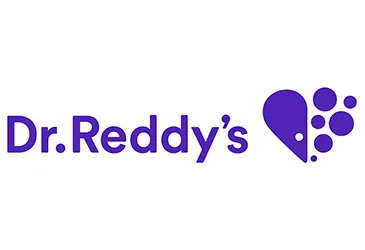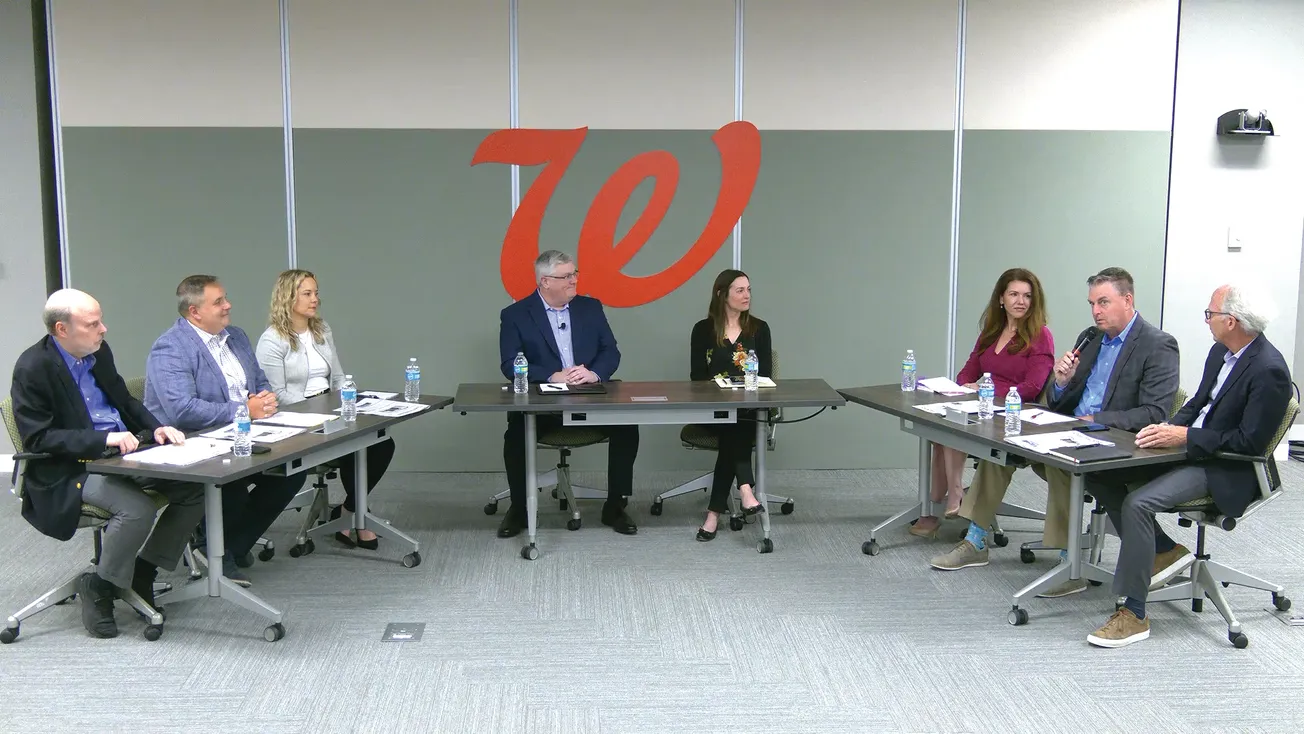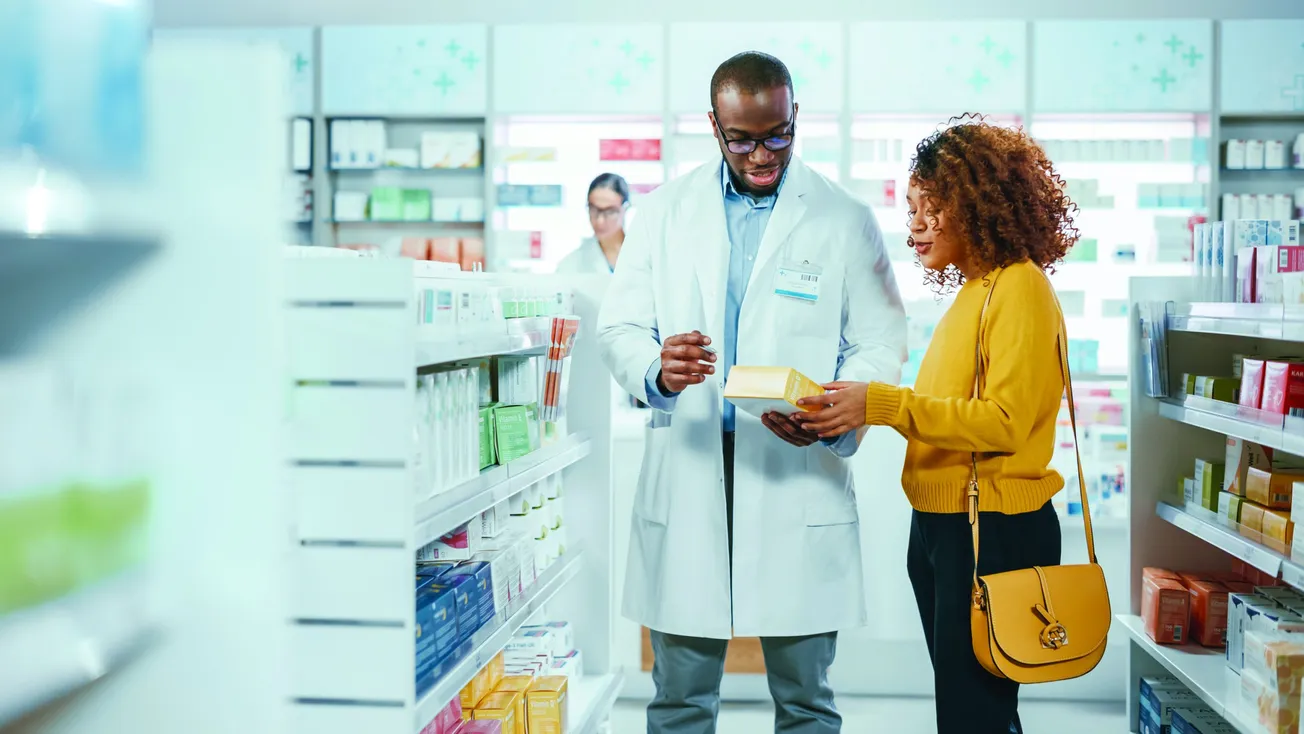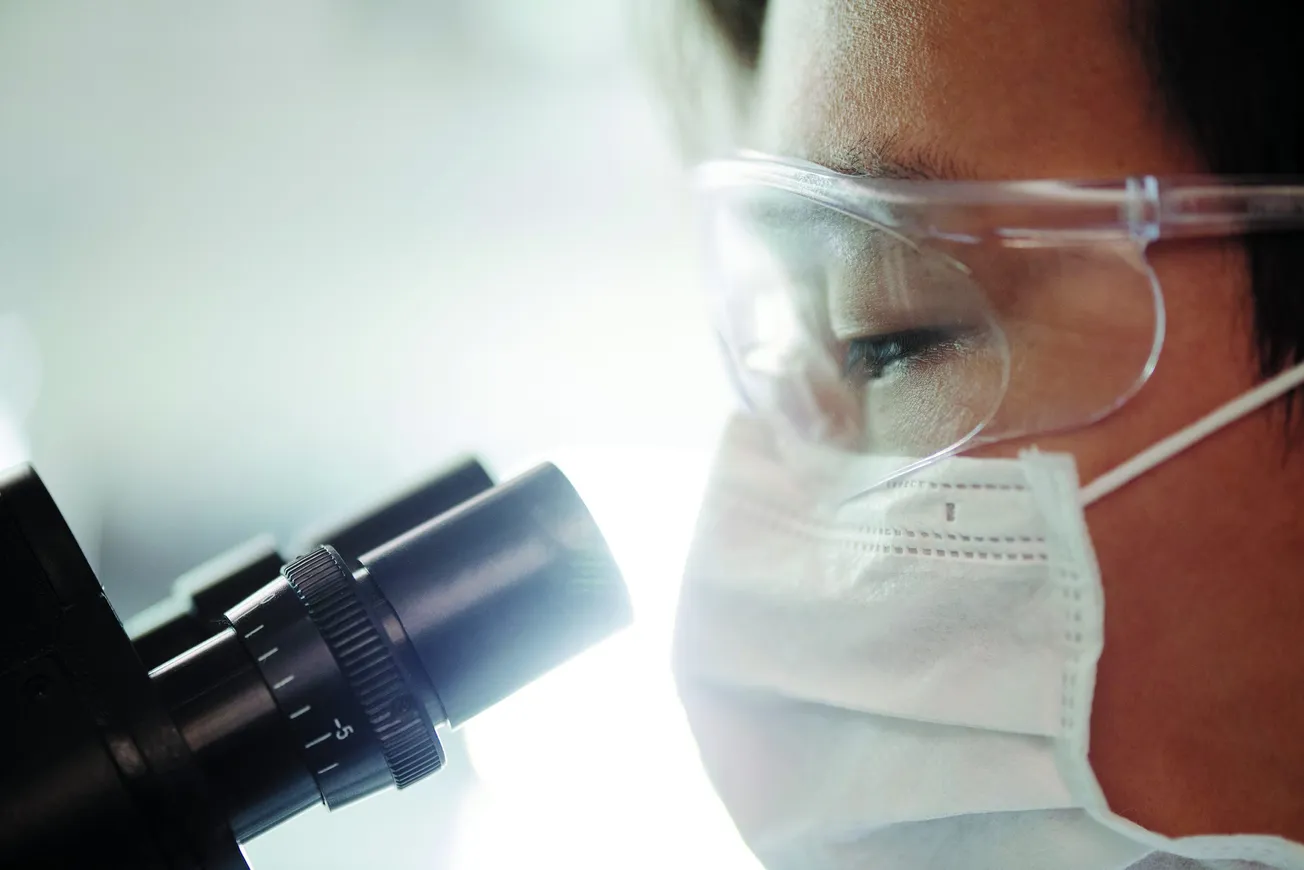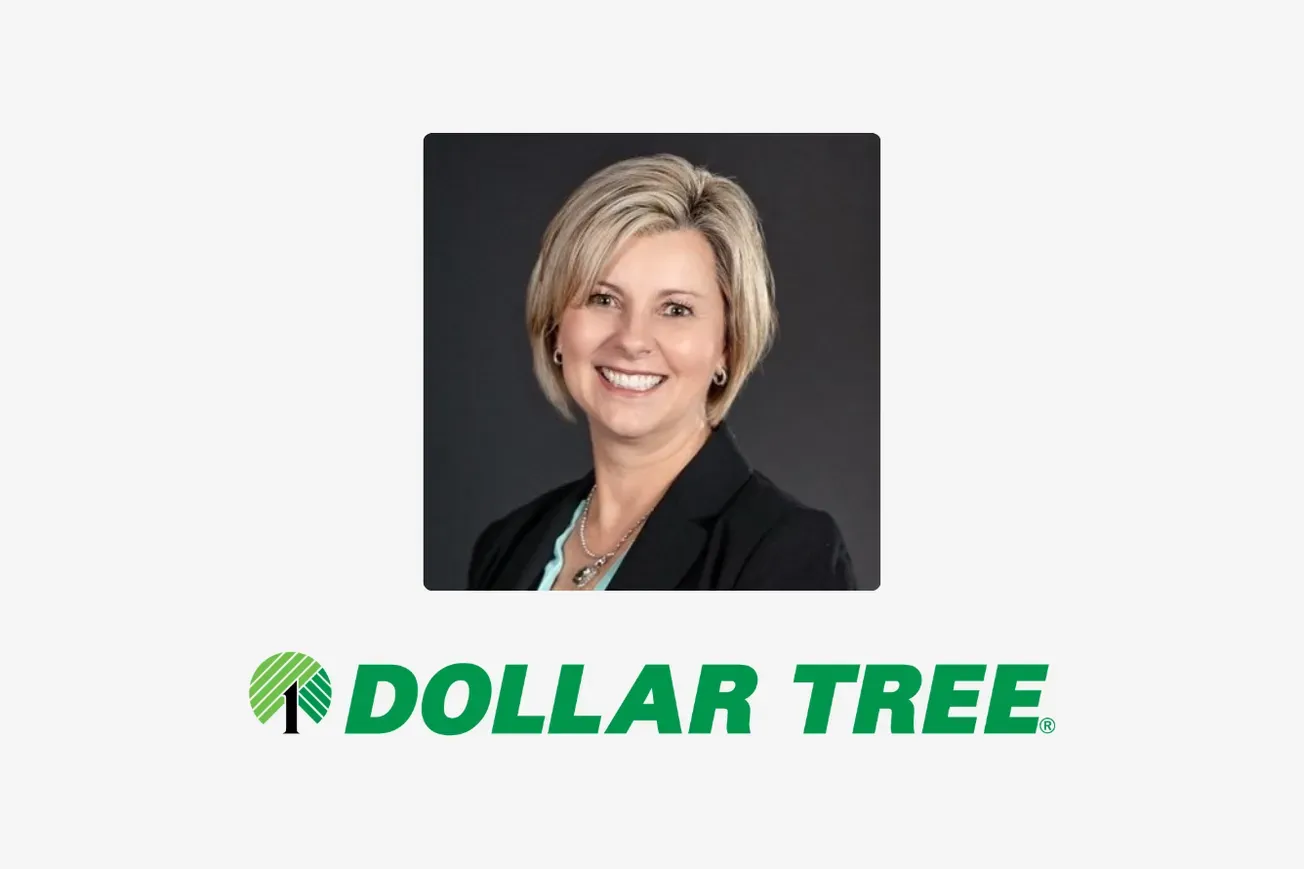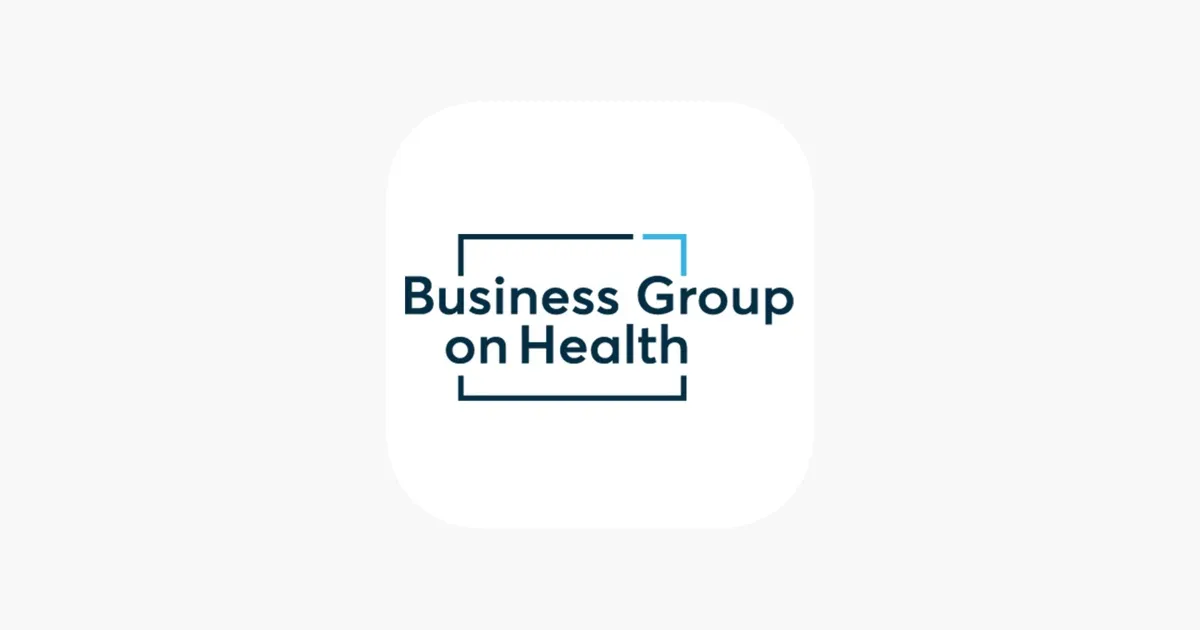PRINCETON, N.J. — With the end of the public health emergency, Dr. Reddy’s Laboratories has assessed the pandemic’s effect on its interactions with drug chains and how the COVID years will impact future relationships. In an interview with Chain Drug Review, senior director of Rx marketing Christine Walton discussed the past, present and future of the company’s approach to meeting the needs of its chain drug customers.
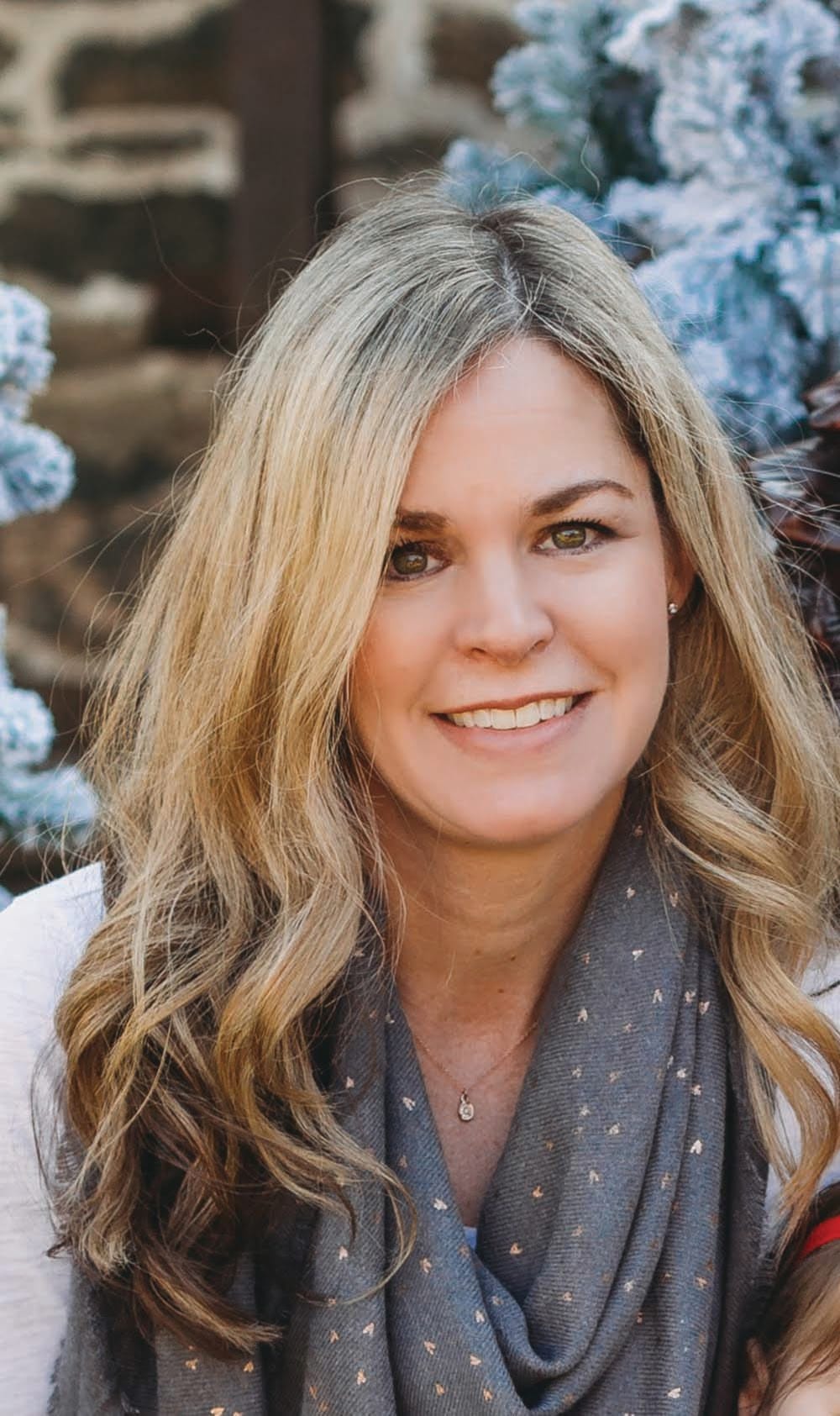
Christine Walton
CDR: How did COVID change the way Dr. Reddy’s Laboratories managed its relationships with chain drug stores?
WALTON: We’ve shifted more from face-to-face meetings to virtual. When COVID hit we realized that at least for the short term there were going to be no face-to- face meetings, which I believe had the effect of increasing communication because we initiated contact with our customers more frequently, in lieu of addressing at in-person meetings. It was an approach of let’s pick up the phone and have the conversation right now, there’s no need to wait.
Having said that, at our headquarters we are trying to get back to some type of pre-COVID normalcy. We are coming back to the office a few days a week, and we know many of our customers are as well.
CDR: Have any of these changes become permanent?
WALTON: From a communications perspective, we continue to have a lot of Teams calls, various video calls and telephone conversations to provide our customers with the best service possible, while allowing us to get the feedback we need to continue to provide a high- quality level of service. Teams calls have become more important even after COVID has receded, sometimes in place of emails.
But face-to-face meetings are still very important to us, internally as well, as we are coming back to the office a few days a week now. When you don’t visit customers physically it’s obviously a cost savings in terms of travel and time, but being with customers in person outweighs the savings. There’s an invaluable connection face to face.
From a supply perspective, we continue to de-risk our supply, keeping ample safety stock of finished goods, API, and multisource our materials from various parts of the world to ensure consistent supply.
CDR: What does Dr. Reddy’s see as the most important factors it faces in keeping up its relationships with chain drug stores?
WALTON: Beyond the normal expectations of commitment of supply and competitive pricing, transparency and strategic partnerships have emerged as critical factors. Dr. Reddy’s strives to offer products that truly meet our patients’ needs, and with chain stores servicing a large segment of the patients, it only makes sense to engage with the chains on what they anticipate will be the most beneficial to their patients. In addition, our customers are an important source of information for determining which products the market is short on, and where they see there’s a demand that hasn’t been met yet. I think these conversations open up opportunities on both sides — they may tell us there’s a need in a specific therapeutic area, and we would take that feedback and try to work on it.
CDR: At what level of the chain drug stores executive management is Dr. Reddy’s interacting?
WALTON: Dr. Reddy’s Laboratories communicates and connects at all levels, from top executives to multilevel executives below. We believe it’s essential to make connections at all levels to provide the best service and get the most comprehensive feedback from our customers. We’re able to get the best input from connecting with various level executives to understand where there’s a real need.
We have several tiers of staff that interact with customers, including a vice president of sales, three or four account executives as well as both O-T-C and specialty sales teams, all of whom interact daily as well as in more formalized weekly and monthly meetings. There’s constant communication, based on an incredible dedication to meeting patient needs and bringing them more-affordable medicines.
CDR: Is there anything now that Dr. Reddy’s is focusing on in its relationships with chain drug stores that it wasn’t doing 10 years ago?
WALTON: We’ve shifted from more transactional to more strategic, from top down, looking for more impactful ways in which we can serve the customer long term. Along with this, we’ve now experienced the convenience of the hybrid world; we’re more able to operate efficiently in it and manage our customer relationships better. I think the hybrid approach is going to continue for the foreseeable future.
CDR: When COVID first hit what was the biggest concern of your customers?
WALTON: Supply continuity has always been a top priority with Dr. Reddy’s Laboratories. One of our customers’ main concerns was uncertainty about supply. We had to ensure supply was available, and then be able to communicate that back to our customers. Dr. Reddy’s really worked hard to make sure we had a plan in place, that our customers were not without product. The sales team had information about schedules and shipments so they could relay this to the customers.
CDR: Has remote work changed the way Dr. Reddy’s interacts with chain drug stores?
WALTON: Remote work has made us more accessible; the 9 to 5 routine is a thing of the past. All hours are working hours. We still have our monthly or quarterly meetings with customers, but there’s more interaction in between.
CDR: Does Dr. Reddy’s foresee changes in the way it works with chain drug stores in the future, and if so, how would that be?
WALTON: I think the change has already begun to occur, with more of a focus on the development of strategic partnerships with our customers. I think that will continue to flourish. We’re shifting from a more transactional nature in the relationship to a more strategic one, where it’s just not about pricing. It’s about how we can work.
And the feedback is a two-way conversation. As generic pharmaceuticals face continued price erosion despite increasing costs, in the interest of the partnership it’s important we let our customers know that sometimes there comes a point where products become unsustainable. The last thing we want is patients to be without the medicines they need.
I think everyone in our organization is dedicated to meeting the patient’s needs — it’s a common goal which gives us a common purpose for doing our job every day. All of this makes Dr. Reddy’s Laboratories a great place to work.

